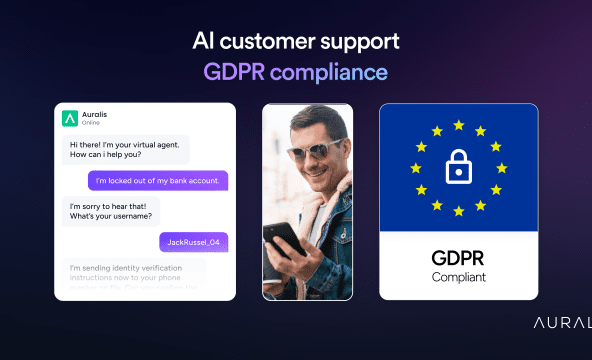AI GDPR compliance
AI GDPR compliance is a critical consideration for businesses leveraging artificial intelligence to ensure they adhere to the data protection regulations set forth by the General Data Protection Regulation (GDPR). With AI systems increasingly relying on vast amounts of personal data, organizations must establish robust strategies to balance innovation with privacy and ethical responsibilities.
One of the primary aspects of AI GDPR compliance is transparency. Businesses must clearly communicate how AI systems process personal data, ensuring that users are fully informed. This includes providing concise and accessible privacy policies that outline data collection, storage, usage, and sharing practices. Transparency fosters trust and ensures compliance with GDPR’s principle of lawfulness, fairness, and transparency.
Data minimization is another cornerstone of AI GDPR compliance. Organizations must ensure that only the data strictly necessary for a specific purpose is collected and processed. This requires robust data governance practices to prevent the over-collection of personal data and mitigate the risks associated with AI’s reliance on large datasets.
Consent management is a vital part of AI GDPR compliance. Companies must obtain explicit and informed consent from individuals before processing their data using AI systems. This includes the right for users to opt out of automated decision-making processes and profiling if these significantly impact them. Businesses should also implement mechanisms for users to withdraw consent at any time.
Accountability is essential for GDPR compliance in AI. Organizations must demonstrate that their AI systems comply with GDPR by maintaining detailed records of data processing activities. Conducting Data Protection Impact Assessments (DPIAs) for AI projects ensures that potential privacy risks are identified and mitigated proactively.
AI systems must incorporate privacy by design and by default. This means embedding data protection measures into AI workflows from the outset, such as anonymization, encryption, and access controls. These measures safeguard personal data throughout its lifecycle and reduce the risk of breaches.
Another key aspect is explainability. GDPR requires that individuals impacted by AI-driven decisions understand how these decisions are made. Developing explainable AI models ensures that businesses can provide meaningful insights into the logic behind automated processes.
Organizations should also address the challenge of bias in AI to comply with GDPR’s principles of fairness and non-discrimination. Regular audits and monitoring of AI algorithms help identify and mitigate biases, ensuring ethical and lawful data processing.
In conclusion, AI GDPR compliance is an ongoing process that requires businesses to adopt transparent, accountable, and privacy-focused practices. By embedding GDPR principles into AI strategies, organizations can innovate responsibly while respecting individuals’ rights and maintaining regulatory compliance.

- Articles
-
 Amy
Amy
- 5 min read
